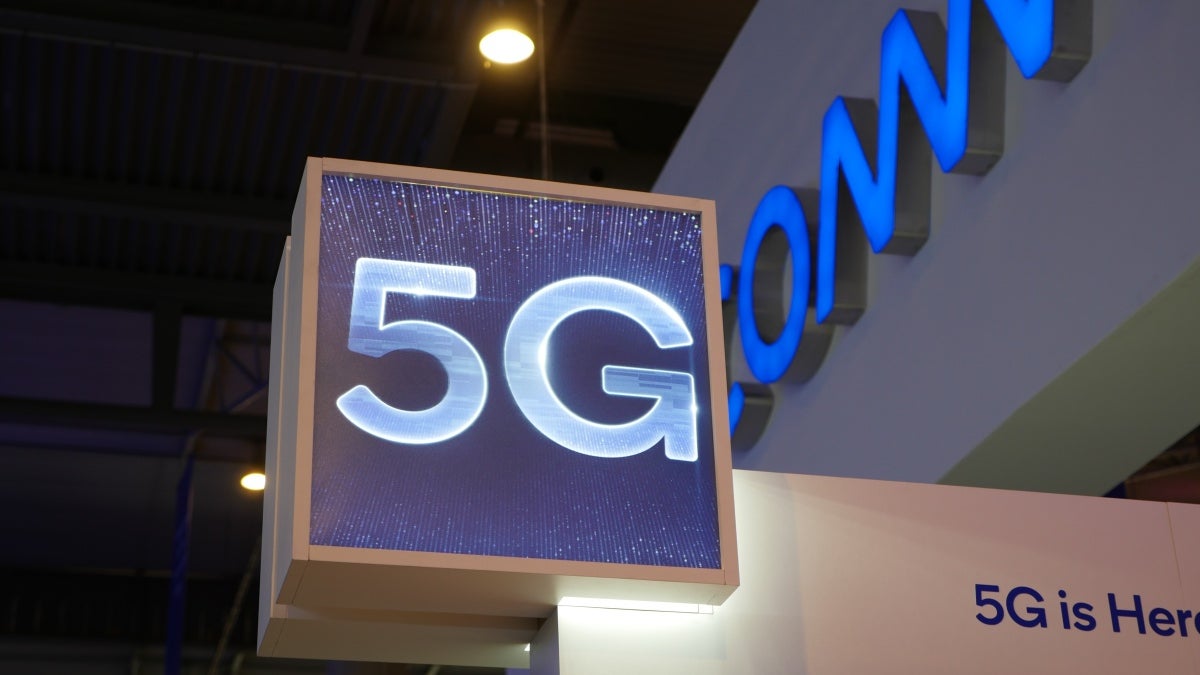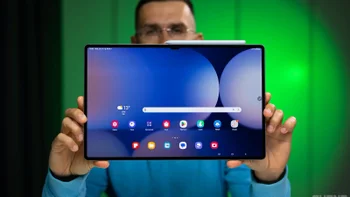There will be no 4G-only smartphones powered by Qualcomm's Snapdragon 865 SoC

You may not be able to tell this by looking at Verizon's recently published 5G coverage maps or AT&T's even more limited rollout of a next-gen network for consumers this month, but the 5G revolution is well underway and widely expected to help the entire mobile industry prosper again as soon as next year.
Although Samsung has taken the early lead in the fledgling 5G smartphone market, said market is likely to blow up in 2020, with everyone from Motorola to Nokia and yes, even Apple throwing their hats in the ring before anyone can achieve insurmountable supremacy. For its part, Qualcomm, which is undoubtedly the world's number one designer of smartphone processors, is ready to play its pivotal part in driving wide-scale 5G adoption, especially in the high-end segment.
While the Snapdragon 865 chipset doesn't come with a built-in 5G modem, the only modem designed to work with the company's newest flagship SoC is apparently the Snapdragon X55.
The 5G-capable X55 could also be used in conjunction with the Snapdragon 855 SoC, but the combination was not mandatory. Samsung, for instance, released the Galaxy Note 10+ 5G with a Snapdragon 855 and separate X55 under its hood, but the "standard" version of the Note 10 Plus only packs an 855 processor that comes outfitted with a humbler Snapdragon X24 modem by default.
In contrast, the Snapdragon 865 has no similar LTE-only modem included, which basically means pretty much every single high-end Android handset released in 2020 will have to support 5G speeds. That's obviously not a bad thing, future-proofing this next wave of flagship smartphones in markets where a 5G signal might not be easily found for the time being.
Then again, we can't help but wonder whether this means certain OEMs will decide to skip their next high-end releases entirely or jack up retail prices as a direct consequence of having to use a standalone 5G modem that's no doubt costlier than an integrated 4G-limited chip. Bottom line, we'll have to wait and see if Qualcomm's decision turns out to be beneficial for smartphone vendors or detrimental to consumers.
Follow us on Google News










Things that are NOT allowed:
To help keep our community safe and free from spam, we apply temporary limits to newly created accounts: